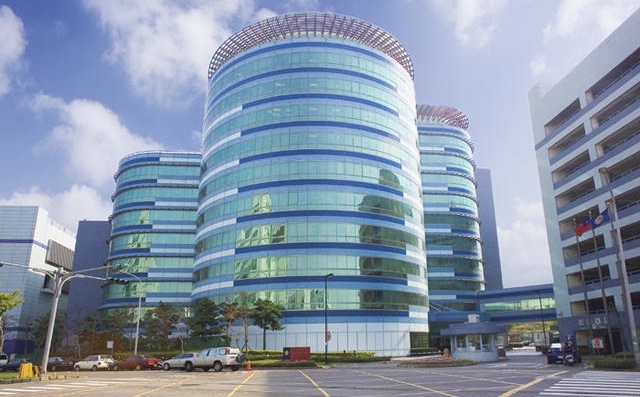 3677
3677
 2017-09-30
2017-09-30

Taiwan Semiconductor Manufacturing Company (TSMC), the world’s largest contract chip maker, is in the early stage of development and testing of manufacturing processes in preparation for Apple’s next-generation A12 chips for 2018 iPhones.
According to an industry source who spoke with Japanese outlet Nikkei Asian Review today, the Cupertino firm “has already begun to engage TSMC to develop and test core processor chips for the iPhone range coming out in 2018.”
TSMC’s been making chips based on Apple’s blueprints for several years now as Apple has been cutting its reliance on Samsung’s semiconductor foundry services.
It plans to start seven-nanometer chip production in the first quarter of 2018. By comparison, Samsung said it would introduce seven-nanometer chips by the end of 2018.
TSMC has some 470 customers worldwide.
They also announced Friday an upcoming $15.7 billion production facility in the Tainan Science Park in southern Taiwan, solely dedicated to churning out three-nanometer chips.
The pricey factory will sprawl 50-80 hectares and the company plans to launch production there as early as 2022. For context, a hectare is roughly the equivalent of a soccer field.
The announcement has reaffirmed TSMC’s claims late last year that it would pour considerable resources into developing three-nanometer process technology and conducting research on an ultra-thin two-nanometer technology.
The smaller the nanometer size, the more advanced the chip, but also the more challenging to develop. TSM produces Apple-designed A10 and A11 processors on its respective 16-nanometer and ten-nanometer FinFET nodes.
The iPhone maker has become TSMC’s largest client since 2015, accounting for seventeen percent of TSMC’s revenue for all 2016. Apple’s contribution to the chip giant’s bottom line would exceed twenty percent for all 2017, according to projection by Hong Kong-based research firm Sanford C. Bernstein.
Source: iDB